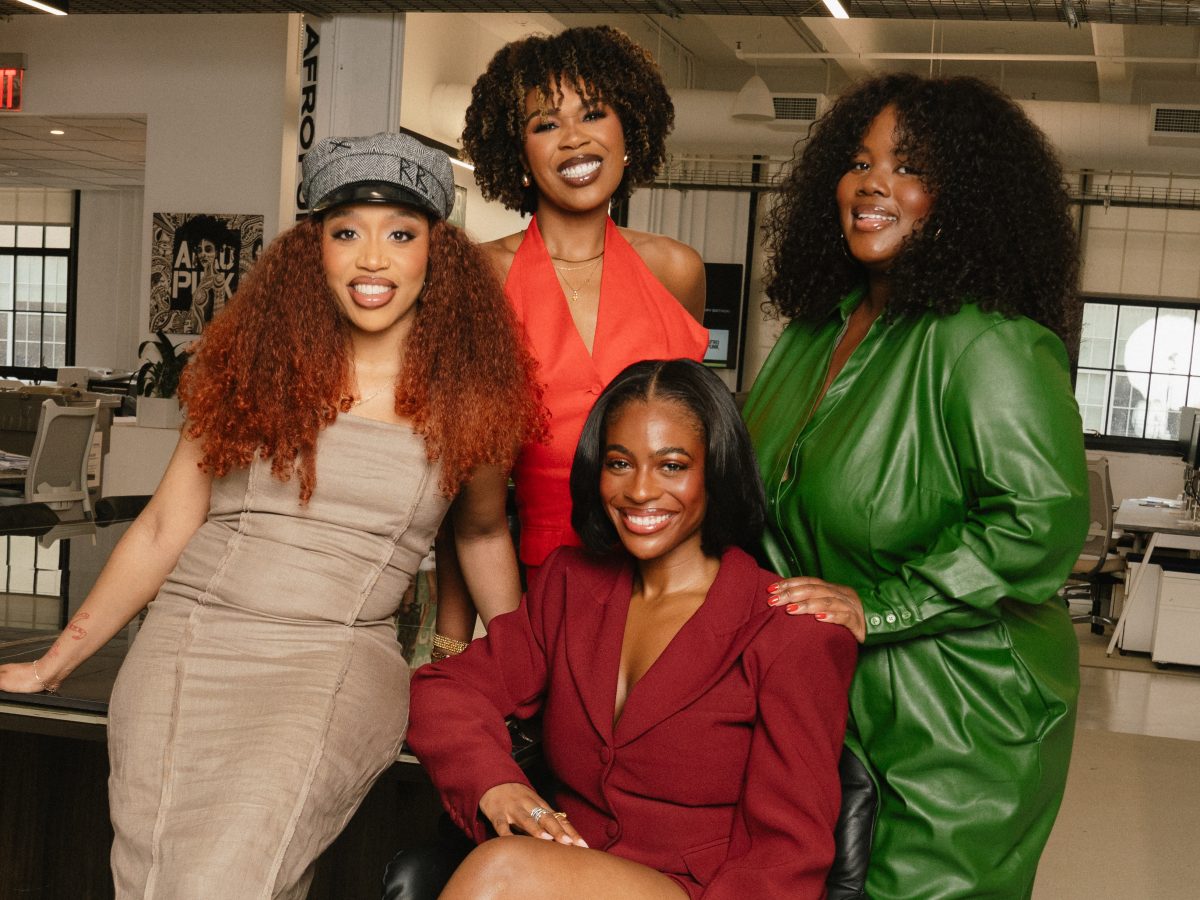
Before they were founders, editors and media darlings, they were dreamers—young Black women hungry to tell stories that mattered. For Brianna Arps, Taryn Finley, Maya Allen and Sylvia Obell, that hunger led them through the iconic doors of ESSENCE magazine. What they found inside wasn’t just opportunity. It was a transformation.
Each of them came to ESSENCE at a pivotal moment in her life, drawn not just to a brand but to a legacy. “ESSENCE was the whole ball game,” says Obell, who finally landed her internship in 2013, after multiple tries. “It was my dream job—the reason I even wanted to be in this industry. It was my first taste of purpose.”
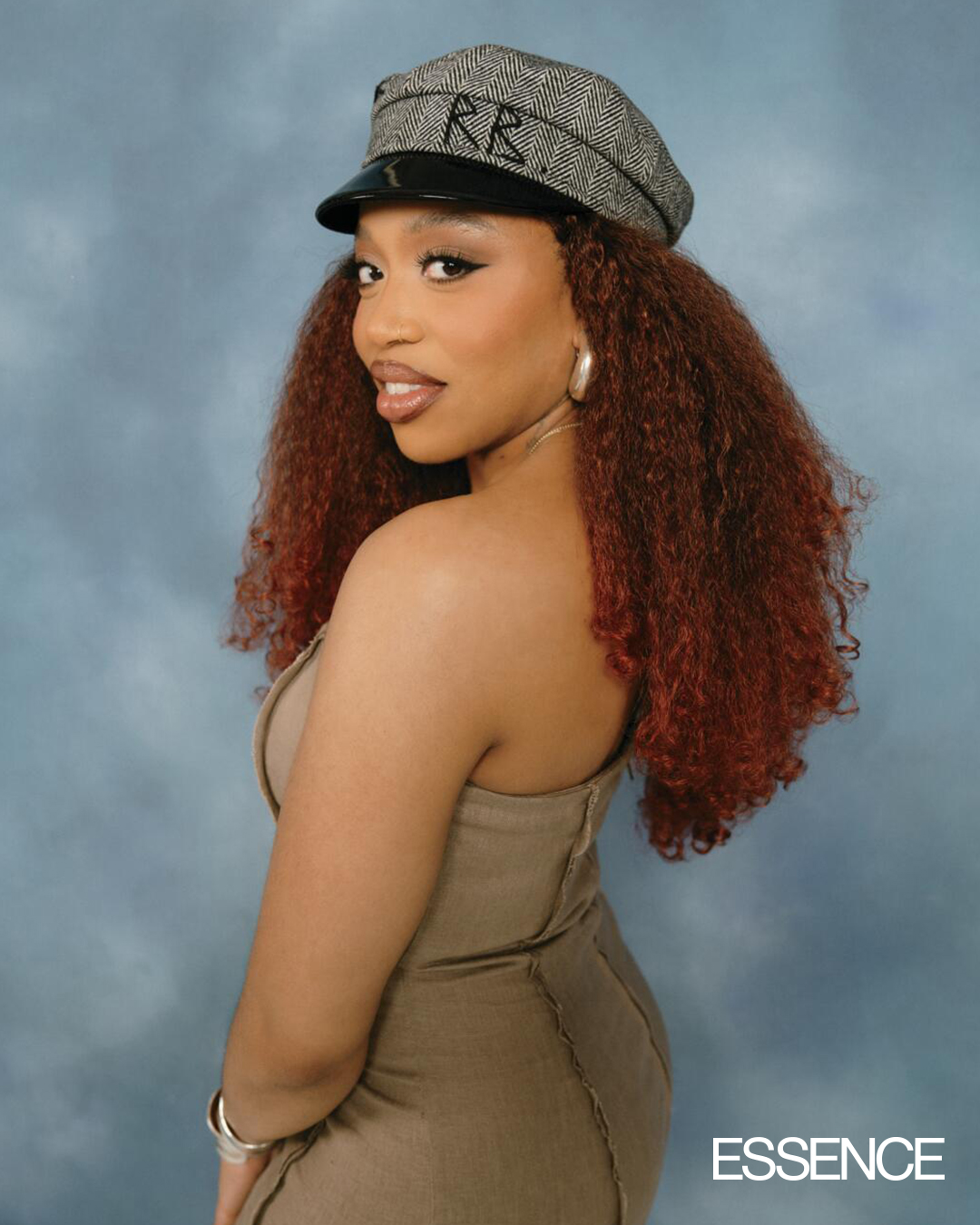
Allen agrees. “ESSENCE was the first magazine where I saw myself represented—my hair, my skin, my story,” she says. “My mom and I used to read it together. It was a ritual. It gave me confidence, before I even had language for that.”
Such deeply personal connection, derived from stacks of glossy pages in their childhood homes, would one day carry each woman to Time Inc., then the parent company of ESSENCE. For Finley, it was never a question of where to intern. “I was in the ASME program with all these big names—Vanity Fair, People and Harper’s—but for me, it had to be ESSENCE. I grew up on Susan Taylor’s editor’s letters. That was nonnegotiable.”
After she got the ESSENCE confirmation, the summer of 2015 was magic. “We were all hungry, but we weren’t competing,” she recalls. “We were rooting for each other. It was one of the first media spaces where I didn’t feel like I had to shrink myself to fit in.”
Arps, who also interned in 2015, echoes that sentiment. She had already experienced rejection and setbacks, but the internship reintroduced her to her own voice. “I pitched Girls United before it even had a name,” she says. “We were just a group of interns who thought, ‘Why doesn’t ESSENCE have something for younger girls?’ That seed got planted, and now it has bloomed.”
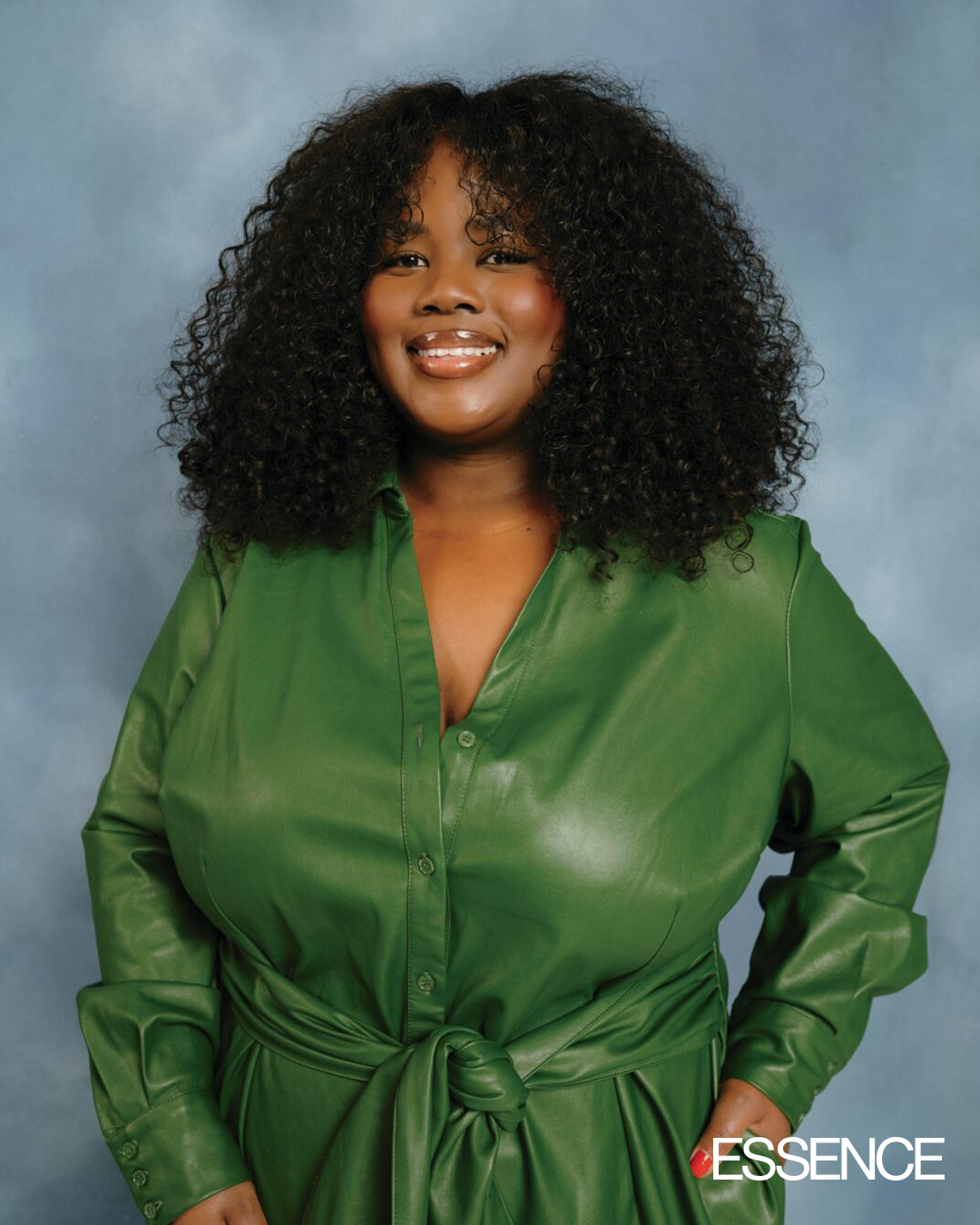
Inside ESSENCE’s walls, the learning was fast-paced, hands-on and deeply intentional. Obell, assigned to the news desk, pitched a piece about Black Ivy League students that got the green light from Editor-in-Chief Vanessa K. De Luca. “I was in front of every editor,” she says, “and they said yes. That changed everything for me.”
For Allen, who worked in the beauty department in 2013, it was moments like organizing the beauty closet or covering Rihanna’s new MAC collab that lit the spark: “Beauty became more than aesthetics. It became activism. I saw how storytelling could empower women to see themselves as beautiful.”
The editorial staff, many of whom were industry titans, treated the interns not as coffee-fetchers but as emerging voices. “Michelle Ebanks,Cori Murray, Wendy Wilson, Emil Wilbekin, they all sat with us,” says Obell. “They poured into us. They saw us.” That access offered them something deeper than mentorship—it offered them belonging. “Cori Murray asked for my feedback on the entertainment section my first week,” Finley recalls. “It made me feel like my voice mattered, and that’s not something you forget.”
Outside the structured assignments, the internships had their unforgettable moments. R&B singer and actor Tyrese using Finley’s laptop on a whim. Jazmine Sullivan singing in the office. Allen taking her lunch break to meet industry insider—and now her mentor—Kahlana Barfield Brown in the lobby. “We were living in Black Girl Magic headquarters,” Obell says. “It was access to a world I didn’t even know existed.”
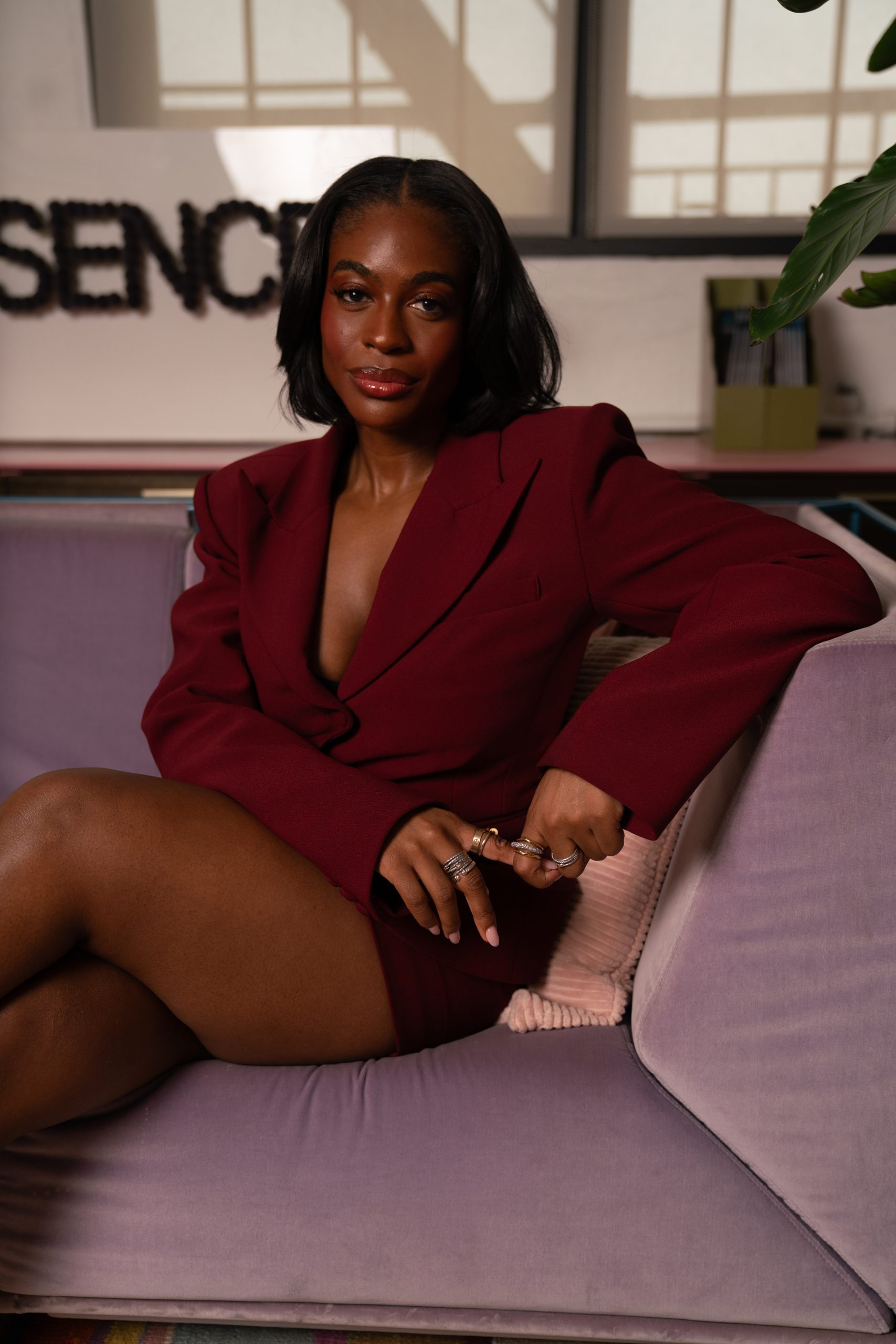
And they didn’t just observe; they contributed. Each of them brought new energy and fresh ideas, such as advocating for social media content before it was standard practice. “We were the generation encouraging editors to use Instagram,” Obell says with a laugh. “We were the ones saying, ‘Let’s post that celebrity who stopped by the office. Let’s talk about that Scandal episode on Twitter.’ Now it’s common. Back then, we were convincing people to see the vision.”
That vision extended beyond editorial. Obell helped pitch a new night at ESSENCE Fest, focused on younger artists—a prototype of what Girls United would develop as Creator’s House and Kickback. Finley recalls working on a full cover recreation, with her intern class, as their capstone project. Allen says she became the first intern in and the last to leave, soaking in every ounce of knowledge. And Arps, years later, would channel that spirit of hustle into her brand, Moodeaux—a fragrance line built on radical self-celebration, where she serves as founder and CEO.
Perhaps the most transformative aspect of their internships was the freedom to center Black women, unapologetically. “I was told by some adults that focusing on Black stories would pigeonhole me,” Finley says. “ESSENCE showed me the opposite: that it could be the foundation for everything.”
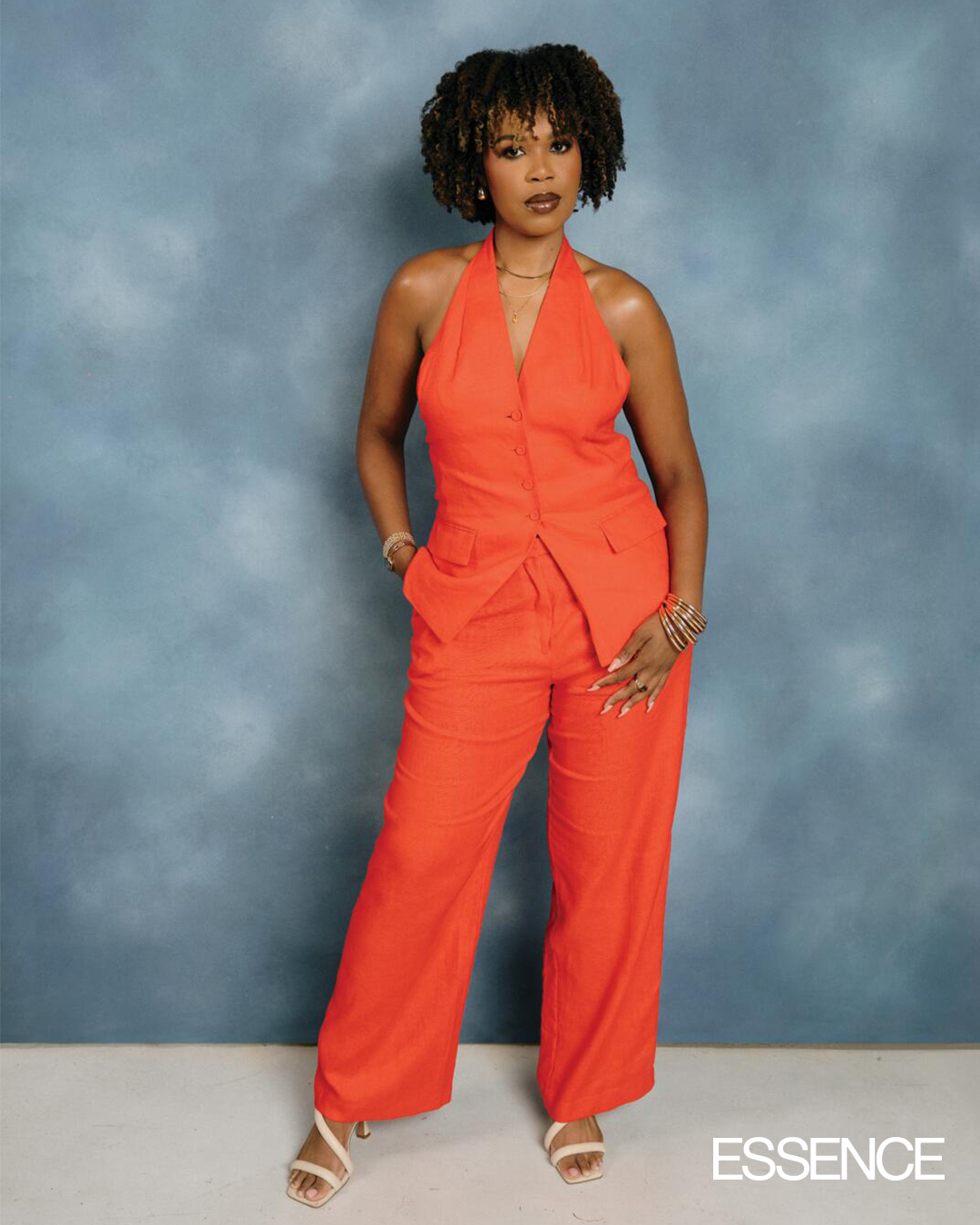
Allen recalls the same: “It was my first time realizing beauty could be political. Cultural. Emotional. I learned to lead with intention.” For Obell, it was even more urgent. “We’re in a time now where DEI programs are being gutted, Black stories are being erased, and platforms are being defunded,” she says. “But ESSENCE? It’s one of the last legacy platforms we still own. There’s no policy that can erase our archives. That’s power.”
Power is exactly what the internship instilled—not just in what the interns could do, but in who they could become. Today, they’ve gone on to shine across the industry, and the lessons from those formative summers still burn bright. “ESSENCE taught me how to lead, how to listen, how to build,” says Arps. “It taught me that advocating for Black women is never the wrong choice,” says Finley. “It gave me my life’s goals,” says Allen. And for Obell, who grew up flipping through the ESSENCE pages, it was and still is the foundation.
“My first experiences with ESSENCE were my first experiences with my purpose,” she says. “The stories, the beauty, the laughter in that newsroom—it showed me what it means to create a safe space for us. And I carry that with me everywhere I go.”
For these four young women, as for so many others, that’s what ESSENCE has always been. Not just a brand, not just a magazine, but a home.
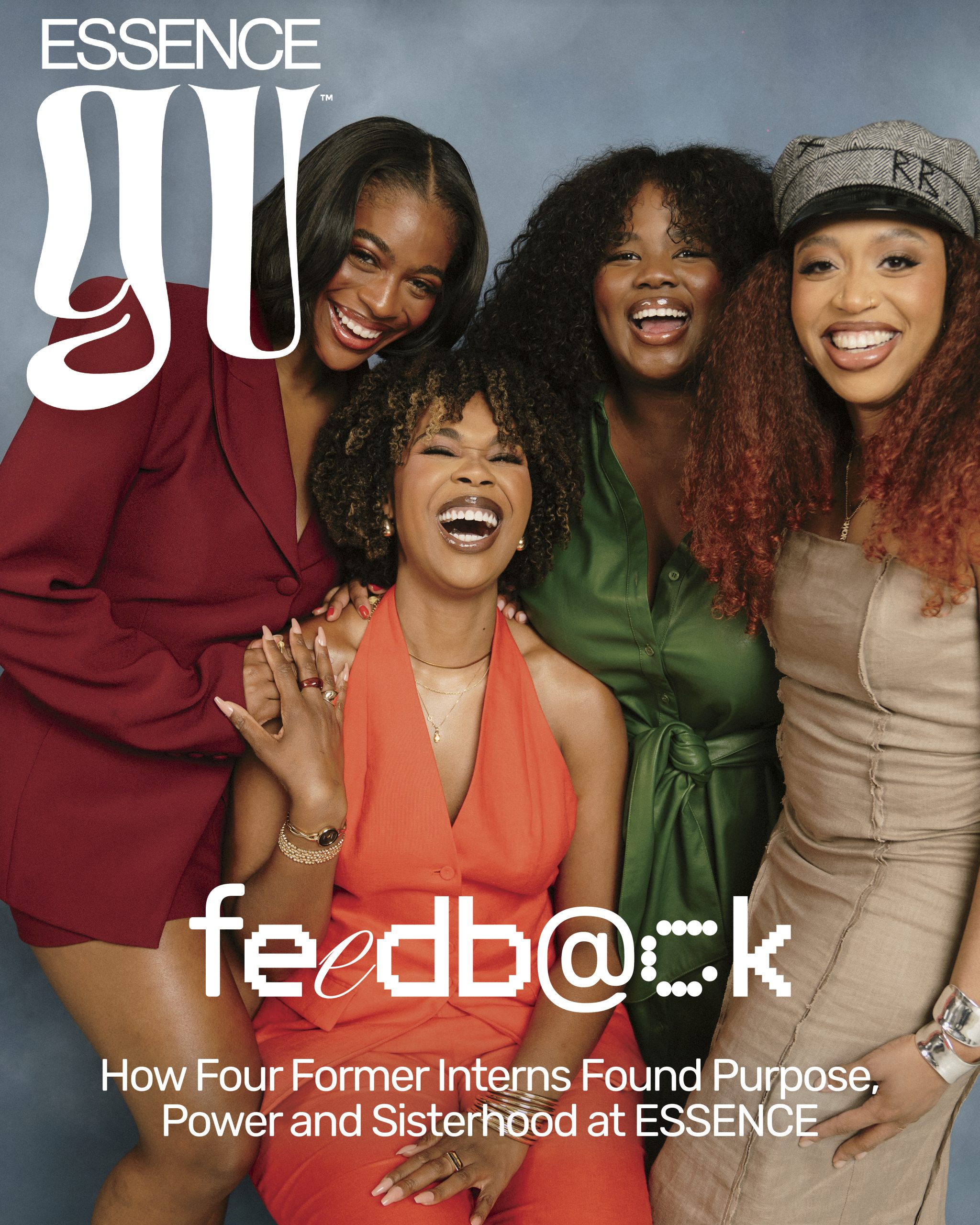
Photo Production Credits:
Hair: LaMesha Mosley using Carol’s Daughter
Makeup: Antoinette Greenwood using WYN Beauty
Photography Assistant: Travis Matthews
PRODUCTION: THE MORRISON GROUP
Production Assistant: Maian Tran